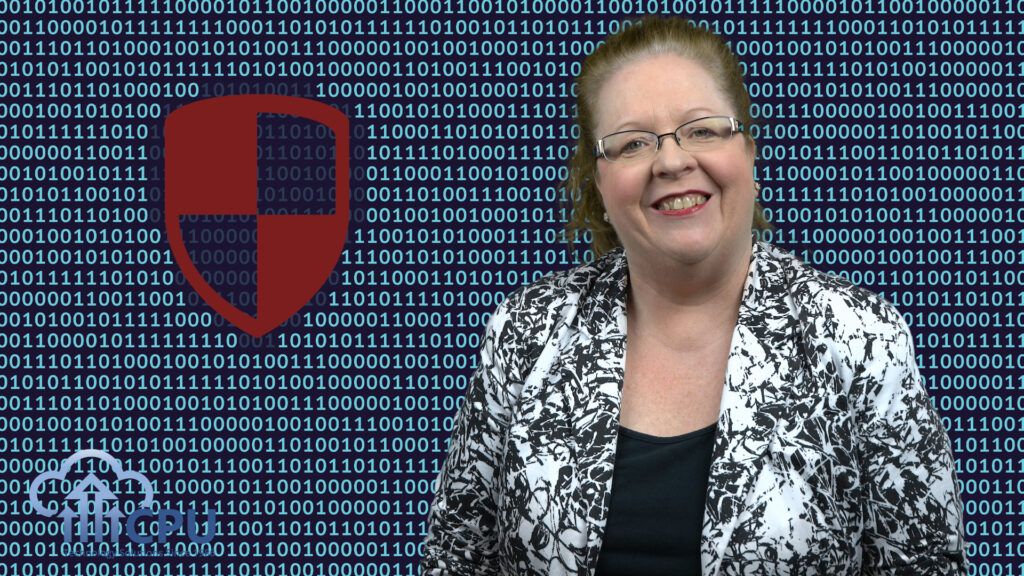Stay Cool This Summer With The Cloud
The Internet is just not about funny memes or social media. The Internet is a cornerstone of business today, but business is not alone. Cybercriminals are making the Internet their home to cause you harm, steal valuable information and to rob you blind.
The Dark Web is a nasty place, full of malicious people with one intention, to harm you and even your business. Every single day, a large corporation or even that friendly business around the corner falls victim to cybercriminals.
Organized crime is moving away from the smoke-filled backstreet bars we all see on TV and going to the Internet. How can you keep your personal information out of the hands of cybercriminals with one intention, to steal your valuable information and perhaps drain your bank account?
What Is The Dark Web?
The Dark Web is a part of the Internet that isn’t indexed by search engines. According to experts, over 57% of the Dark Web is filled with illicit activity, where cybercriminals buy and sell your credit cards and other personal details like stocks on Wall Street.
On the Dark Web, you can buy a Netflix premium membership for $6, $500 can get you access to a bank account with over $50,000, or you can gain access to a company network through compromised usernames and passwords. Scary place isn’t it?
What Are The Odds That Your Data Is On The Dark Web?
The odds are against you. Why?… Because 2018 was the year of Internet-connected data storage devices being hacked. According to the research organization 4iQ:
- There’s been a 71% increase with 14.9 Billion Identity records circulating in underground communities in 2018.
- Cybercriminals shifted their focus, targeting more small businesses, resulting in a 424% increase in authentic and new breaches from 2017.
- Massive password combo lists continue to grow to support account takeover campaigns.
- “Government Agencies” was the largest growing exposed industry in 2018, increasing 291% from 2017.
- The United States and China together accounted for 47% of all compromised identity records.
- Accidental exposures from open devices account for three of the year’s largest breaches.
How Can You Protect Yourself?
There are many examples online and tools that you can use to see if your logins and passwords are floating around the Internet. Here are some simple tips to keep your information off the Dark Web:
- Use complex passwords and make sure you use a different password on all of your accounts. A simple password management tool, like LastPass, can help you keep track of all your passwords.
- Shut down all accounts you’re no longer using.
- Use safe email practices; that email from your CEO asking you to wire $5,000 in gift cards, is a scam. Make sure you never click on any link that you’re not 100% sure of, and never send confidential information over email.
Understanding what the Dark Web is and how it could be a danger to your business is the first step towards avoiding this cyber threat, but you need more; you need Dark Web Monitoring?
What Is A Dark Web Monitoring?
Dark Web Monitoring looks for data dumps within the black markets on the Dark Web that have anything to do with your organization. You’ll get an initial and ongoing scanning with continuous monitoring and alerts if anything is found.
Businesses are signing up for Dark Web Monitoring because they’re concerned that their data is being stolen and sold by criminals on the Dark Web. Many didn’t find out about their data being taken until a cybercriminal broke into their bank account or used their credit card. If they had signed up for Dark Web Monitoring, they might have prevented this.
- Dark Web Monitoring scans the Dark Web 24/7 to make sure your business data is safe.
- It’s a sophisticated monitoring solution that helps businesses of any size benefit from complete security and protection.
- It detects cyber threats that expose stolen business accounts, email addresses, patient information, and other confidential data on the Dark Web.
- Dark Web Monitoring employs both human and artificial intelligence to scan criminal operations in chat rooms, blogs, forums, private networks and on other sites.
- It observes and collects the vital intelligence needed to determine if your data exists on the Dark Web.
- It also does this in real-time and detects any of your compromised credentials or information before criminals can use it for profit or other crimes.
What Specifically Will Dark Web Monitoring Detect?
Everything below, but not limited to:
- Credit Card Data
- Confidential Data from unsecured file transfers
- Leaked data from employees (intentional or not)
- Compromised accounts
- Your customers’ data that’s being sold
- Stolen Financial Data
- Stolen PayPal and other account credentials
- Trademark and Copyright Infringements
What Happens When Your Data Is Found On The Dark Web?
You invalidate it; meaning that you change your account numbers, email addresses and anything connected to the stolen data. However, it’s important that you respond quickly. Data breaches take both a strong and immediate response from your organization. So, the sooner you sign on for Dark Web Monitoring, the better.
How Else Can You Protect Your Confidential Business Information?
When a news story comes out about a large corporate hack, businesses often scramble to learn how they can better protect their businesses. But this is the wrong time to start thinking about protecting your data. Don’t wait until a breach occurs; start protecting your organization now. Educate your employees about the dangers of online crime and developing company procedures to prevent it from happening.
4 More Tips To Keep Your Data Off The Dark Web:
- Train new hires on the proper handling of corporate data and procedures to limit data loss, including ways to handle phishing scams. Besides an initial onboarding training session, all employees should attend refresher courses throughout the year. The vast majority of cybercriminals gain access to a company’s network through mistakes made by employees.
- Demand the use of strong passwords and two-factor authorization in your business. It’s advisable that you assign strong passwords to each employee to prevent them from using passwords that are easy to guess, as well as implementing two-factor authorization.
- Consider installing a segmented network to handle your computing needs. A segmented network helps to prevent successful hacking attempts by creating completely separate networks that are protected by individual firewalls. If a hacker breaches one portion of your network, he won’t have access to all of your data.
- Think about purchasing cyber insurance and conduct penetration testing. The cost of cybercrime will exceed 6 billion dollars by 2021. That’s a lot of money. Investing in cyberattack insurance is a good idea for businesses with a great deal of exposure.
All these tips are meant to be preventative; they’ll increase your security and protect against cybercriminals taking your data in the first place.
Want to continue this conversation? Let’s discuss how to protect yourself and your business from the Dark Web. Have questions about the Cloud and cloud security? Reach out to your team at CPU to learn more about how we can help with all your cloud needs.
Was this article helpful? Check out others on our website.
Published on 18th September 2019 by Jeanne DeWitt.


